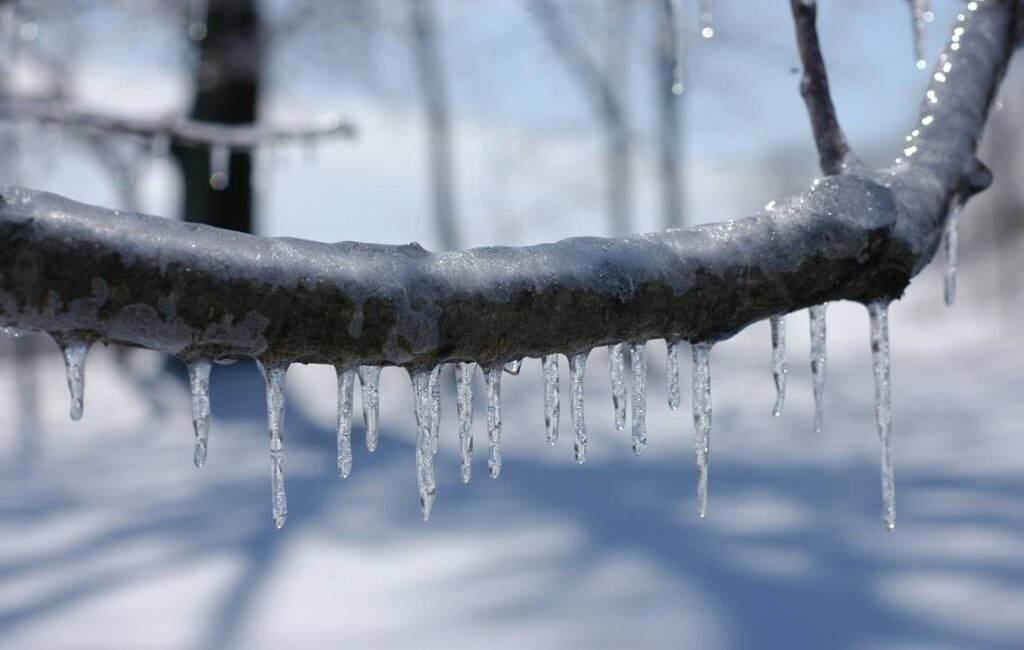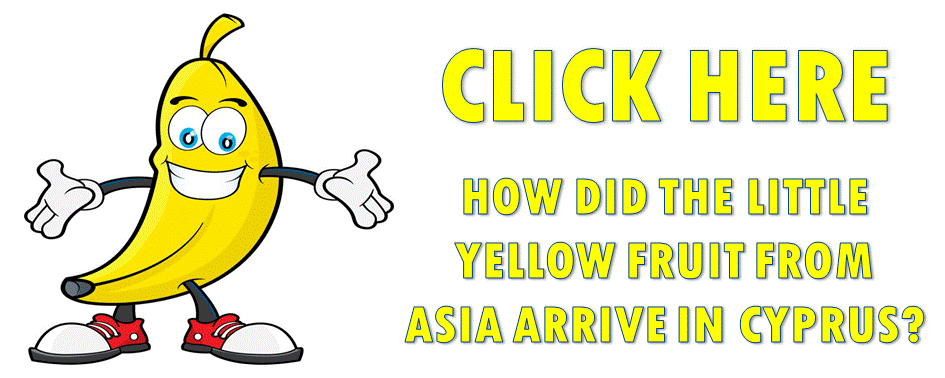HENS & OLIVES
ORGANICALLY FERTILISING OLIVE GROVES: Some organic farmers in Cyprus have begun recruiting retired hens to help organically fertilise olive groves. This is after farmers successfully introduced a pilot project involving the hens. The project revealed that hens helped to boost yields, counter olive tree diseases and helped to reduce food waste.
REVISING THE TREND: Egg-laying hens typically produce eggs up to the age of two. They are then usually sent to slaughter but some organic farmers, have begun to revise this trend by supplying a new home for them after their egg-laying years. Hens can live up to 10 years if allowed to, so can enjoy a long retirement among the olive trees.
A SELF-SUSTAINED ECOSYSTEM: Organic farmers have also stated that their main goal is to create a bio-diverse, self-sustained ecosystem that can sustain high temperatures and long droughts. Bringing these animals into the environment and allowing them to eat ground cover helps fertilise crops, speeding up the cycle. This in particular has improved olive tree growth and yields.
A NATURAL PEST CONTROL: Farmers who have adopted this method of sustainability state that the hens reduce the presence of pests such as olive flies. They do this by pecking at larvae while simultaneously clearing surface weed cover.
A NATURAL FERTILISER: Hen droppings enrich the soil, so the hens in turn provide natural fertiliser for the olive trees. This process has proven to produce olive oil high in inflammation-busting polyphenols.
REDUCING LANDFILL: The back-to-basics approach also involves farmers collecting food waste donations to feed the hens. Feeding the hens with food waste reduces the amount of methane-producing organic matter going into landfills.

CYPRIOT OLIVES

RETIRED HENS

CYPRIOT OLIVE TREES
CYPRUS TO RECEIVE EU EMERGENCY FARMING RELIEF
Cyprus is once again reeling from recent weather changes attributed in part to global warming. The island has suffered from exceptionally low rainfall and higher temperatures.
This has resulted in local drought, which has gone on to affect the overall production of several crops, in particular cereals, olives and vegetables.
As a result, European Union member states have approved €3.5 million in emergency support for Cypriot farmers across the island. This aid will come in the form of financial relief that is to be equally distributed to farmers who have lost both production and income.



COLD SNAP HITS THE EAST OF THE ISLAND
A series of highly unusual cold snaps during the winter months in Cyprus has caused major crop damage in recent years. This has affected farmers in particular in the Larnaca and Famagusta districts, in the east of the island. They have suffered from frosts that, in some cases, have totally devastated their crops. The CYPRUS POTATO fields of the red villages, in particular, have suffered a series of losses. This has led to a shortage of supply and ultimately dramatic price hikes..
A SERIES OF DRASTIC ACTIONS
Teams from the agriculture ministry have been working closely with farmers. They, along with farmers across Cyprus, now employ drastic actions as they struggle to protect crops during the winter. Farmers now monitor temperatures and if there is a fear of frost, they then begin watering crops overnight until daybreak. This ensures that frost does not settle, which in turn minimise crop losses. In light od this, additional water for farmers adopting this particular tactic has been made available.


